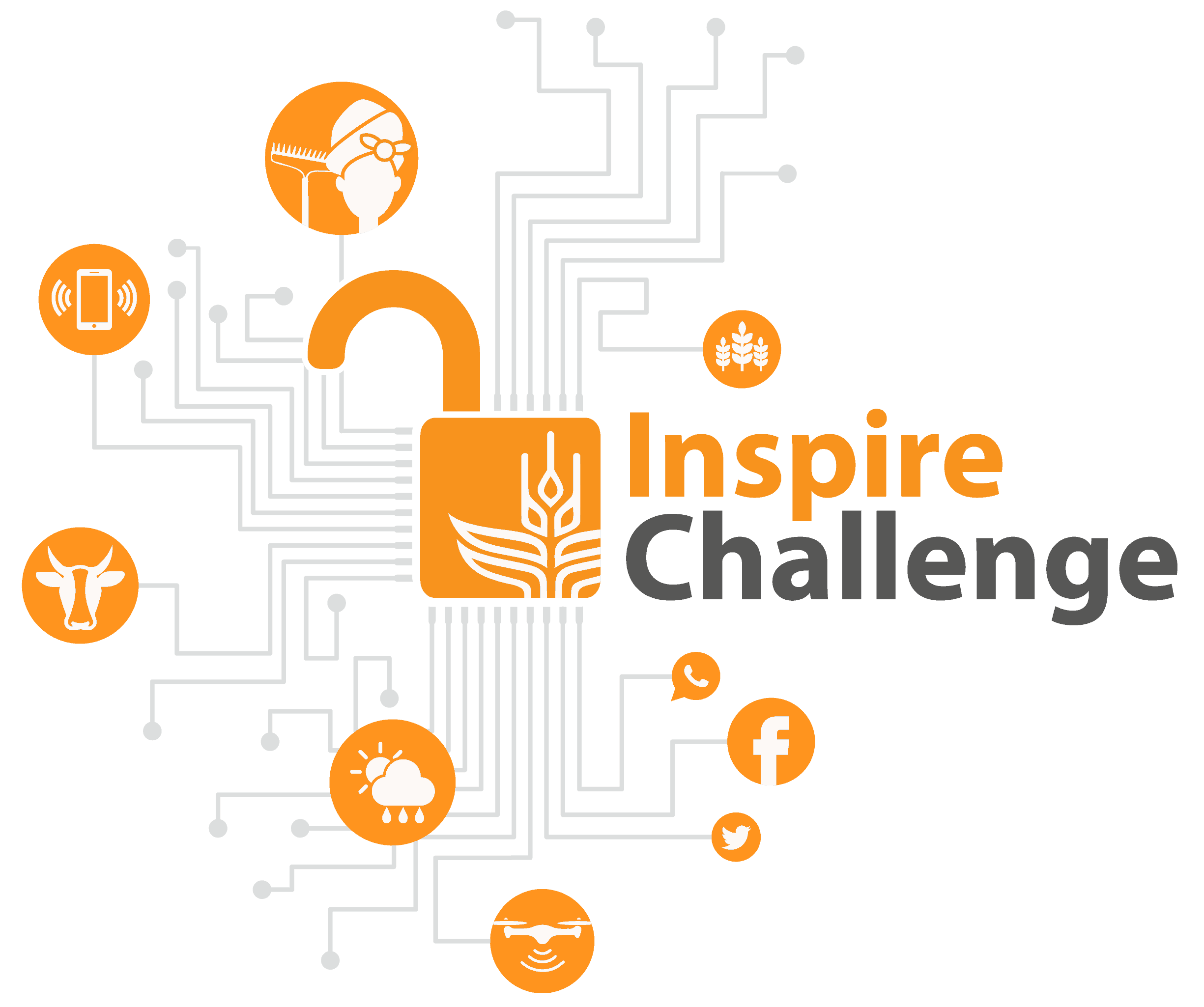Inspire Challenge
Measuring and Building ResilienceResilience is often defined as the capacity to recover from shocks, and it is rightly a mainstay of development strategy. It is also a complex concept that is used differently in psychological, ecological, social, and economic contexts–and all of these intersect in some way with food security. Social systems, ecological systems, food and farming systems are intertwined and mutually reinforcing. The interaction of these systems may exacerbate food security shocks or serve to mitigate them. The complexity of resilience as a concept and the array of stakeholders involved make it difficult and expensive to operationalize.
Moving food and farming systems towards long-term resilience in the face of multiple and varied shocks will require continually diagnosing issues and discovering new solutions. We need new, cost effective, cross-domain methods to measure, monitor, and learn about resilience and link it to agile collective action. These are capabilities that data and digital tools can enable.
This Inspire project seeks to source novel ways of measuring and operationalizing resilience in interlinked food, farming, and socio-ecological systems. We anticipate that critical data and digital technologies needed to address the challenge include remote sensing and earth observation, high frequency monitoring data of any type, and structured on-the-ground research to guide the development of sense-and-response capabilities: cheaper, faster measurement that supports agile intervention and adaptive management of recurring, even combinatorial, shocks to food security.
This Inspire Challenge category was made possible through the funding support of USAID.
Want more information?
See our FAQs page.





